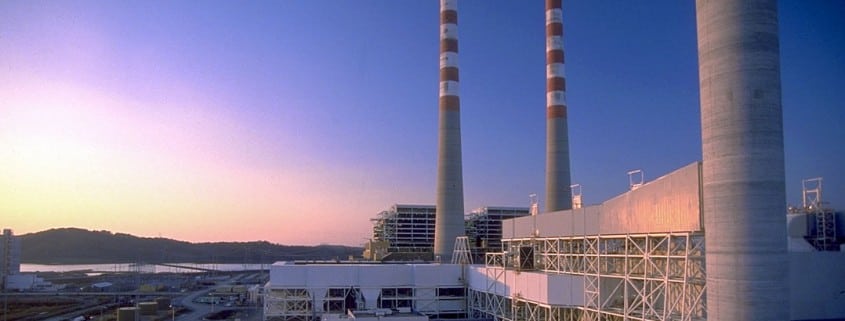Walking a tightrope
By Mike Knotts, director of government affairs for the Tennessee Electric Cooperative Association
Not too long ago, I visited www.takeactionTN.com and sent a message to Washington, D.C., stressing that I believe affordability and reliability must be part our nation’s energy policy. I did it because electricity impacts the world my kids live in and because I want to make sure your co-op keeps the lights on and powers your community. I hope you, too, will take action.
Q: Why is this an issue right now?
A: The federal government has proposed new rules about carbon dioxide and power plants. At the announcement of the rules, The Environmental Protection Agency (EPA) stated that the goal was to reduce carbon dioxide emissions from existing power plants by 30 percent from 2005 levels. The preamble to the proposed rule is 650 pages, and there are thousands of pages of supporting documents and spreadsheets. The EPA will not make the rule final until it accepts comments from the public, and the deadline for submitting yours is Thursday, Oct. 16.
Q: Why does my electric co-op care about what the EPA is doing?
A: Like all your neighbors, you probably expect that your electric service will stay on ALL the time. You count on electricity to power your life, and your co-op delivers more than 99 percent of the time. And on those rare occasions when your power goes out, there are men and women who literally risk their lives to restore it as quickly as possible.
The commitment required to keep the lights on is tremendous. So any proposal that could affect the constant supply of electricity to your co-op causes us to take a long, hard look.
Q: Who produces the electricity my co-op delivers?
A: The Tennessee Valley Authority produces electricity and then transmits that energy to your co-op over a system of more than 15,000 miles of high-voltage transmission lines. Your co-op is obligated under its contract to buy 100 percent of the energy you use from TVA.
Q: What fuel is used to generate the electricity I use?
A: Power is produced using a diversified mix of fuel sources that includes every type of power plant capable of producing utility-scale energy generation. For both reliability and cost considerations, it is important that we not be too dependent on one single source of power.
Q: What has already been done to reduce emissions?
A: TVA has worked for years to reduce its emissions of pollution. Those efforts have been tremendously successful and even included an agreement with EPA to go further in its commitments than was required of other utilities. The result has been reductions of 86 percent and 90 percent of the key byproducts of using coal.
TVA has idled or closed many of its oldest and dirtiest coal plants, mostly replacing that capacity with cleaner natural gas. TVA will be starting the first new nuclear plant in the U.S. next year, and the plant will power 600,000 homes with no emissions of any kind. In fact, all of these improvements have reduced TVA’s carbon dioxide emissions by more than 30 percent compared to 2005 — meeting the EPA’s stated goal!
Q: Who pays for those improvements?
A: You do. TVA receives no funds that are not paid for by the electric ratepayers in the Tennessee Valley. It is likely that more than 75 cents of every dollar you pay for your electric bill goes to TVA for the cost of wholesale power.
Q: So, what is the problem?
A: Like many proposals produced by the government in Washington, this one is unfair and unworkable. Even though TVA has already met EPA’s stated goal, the fine print of the rule actually makes Tennessee do even more while many other states have less stringent requirements. Your co-op and TVA are heading in the right direction, but this rule makes us take an unnecessary U-turn.





Comments are closed.